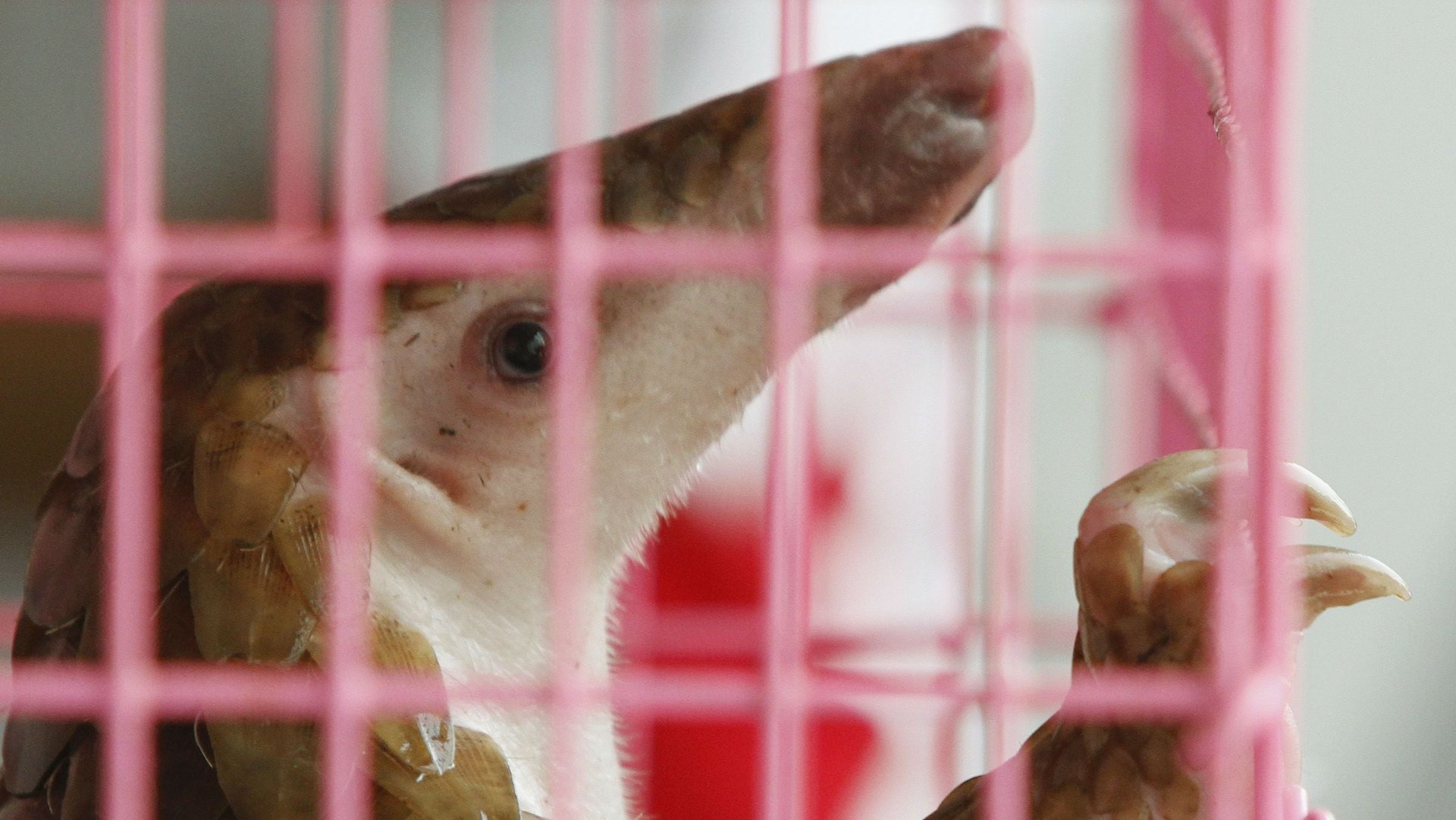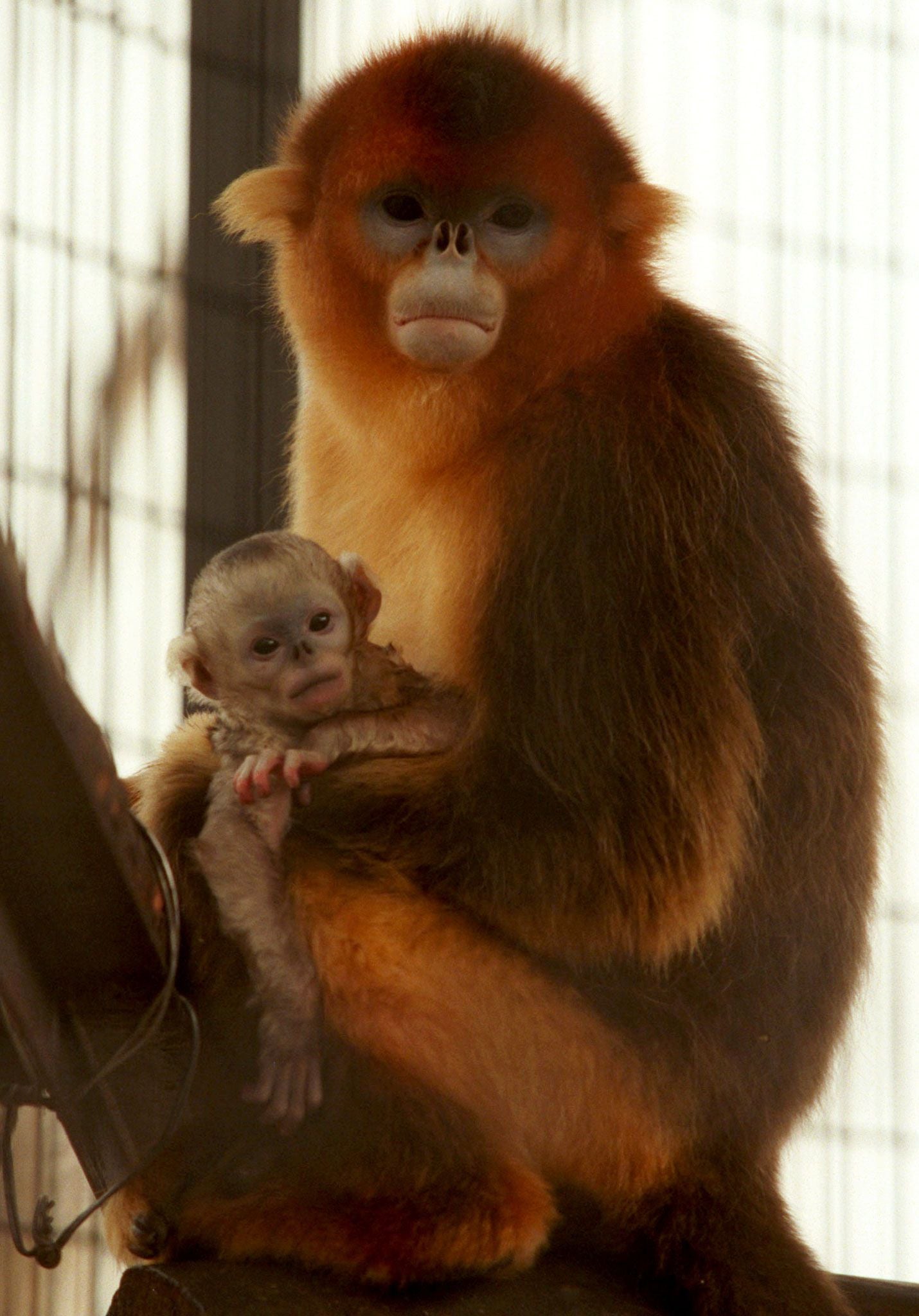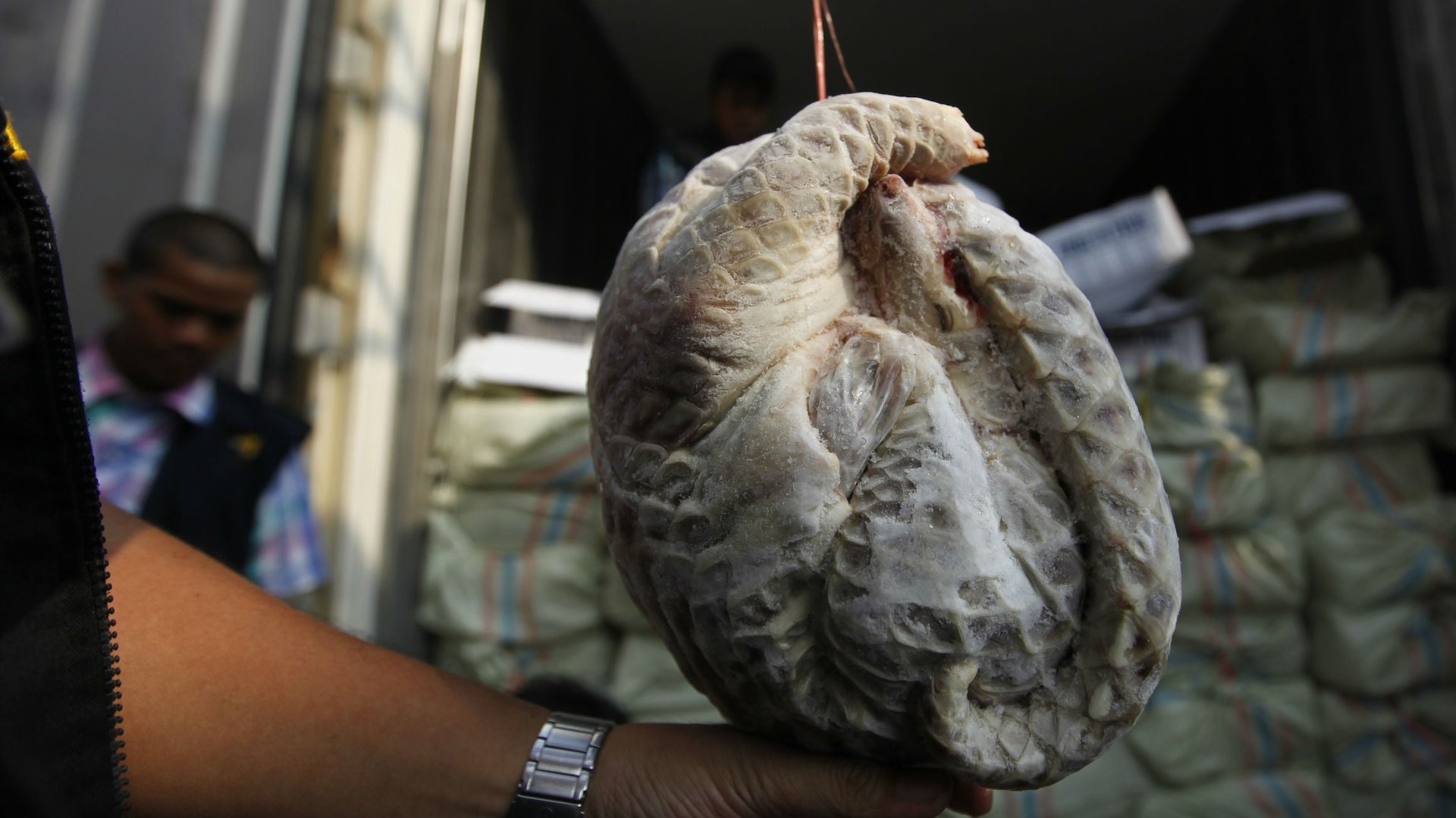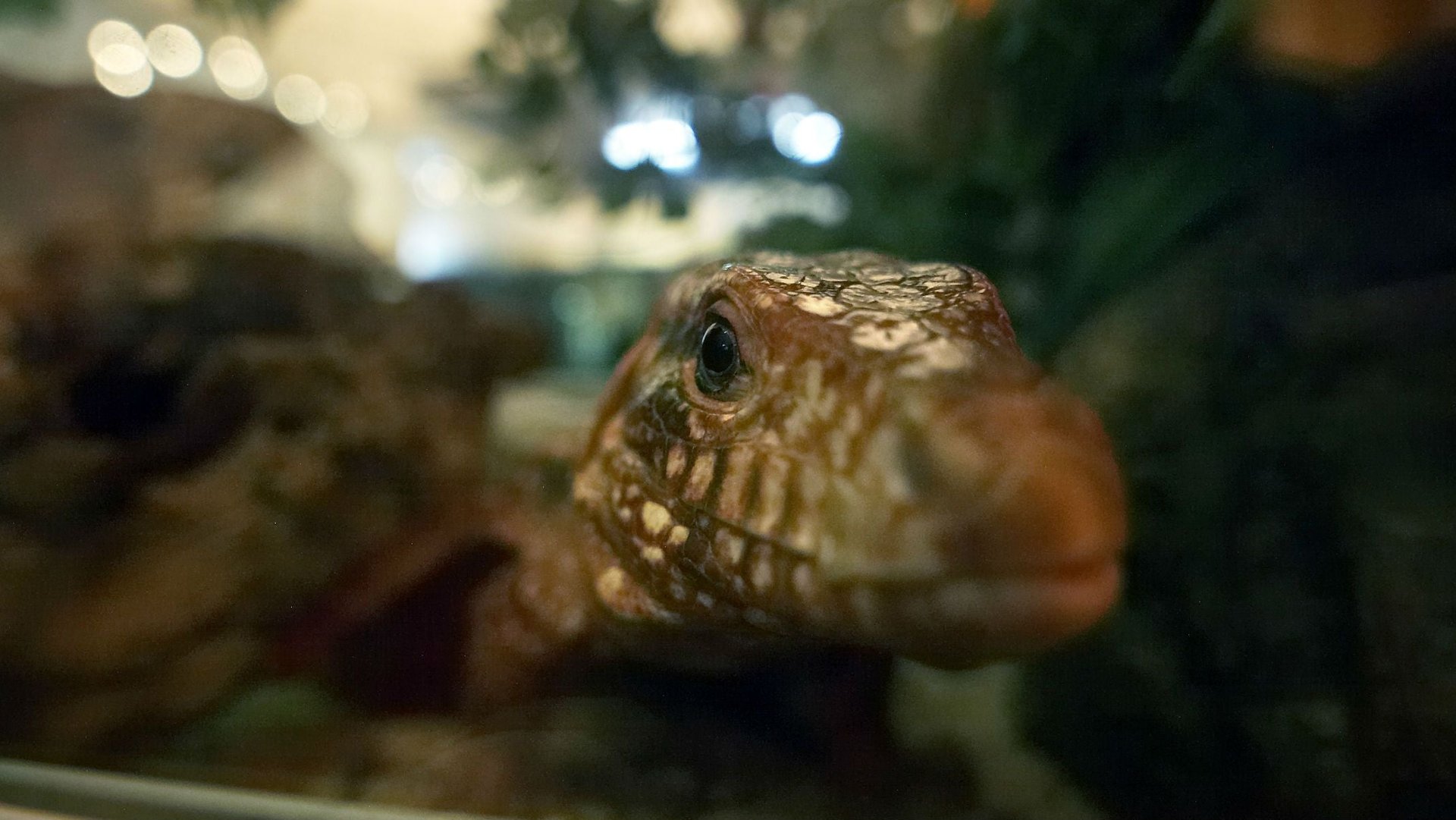Four rare animal species that could be saved if China stops eating them
This week, China’s top legislature is considering a law that makes dining on endangered animals a crime punishable with prison. It’s an important move given that the country is home to about a tenth of the world’s vertebrate species, which includes some 420 endangered animal breeds. The current law bars hunting endangered species but not buying or eating them, so there’s a big black market. The proposed new law would penalize those activities with up to 10 years in jail.


This week, China’s top legislature is considering a law that makes dining on endangered animals a crime punishable with prison. It’s an important move given that the country is home to about a tenth of the world’s vertebrate species, which includes some 420 endangered animal breeds. The current law bars hunting endangered species but not buying or eating them, so there’s a big black market. The proposed new law would penalize those activities with up to 10 years in jail.
Why exactly the government has decided to target a practice that has gone on for centuries isn’t clear. Rare animals have long been part of traditional Chinese cuisine and medicine. But increased demand from China—the world’s single largest importer of rare animals—over the past few years has led to more poaching around the world and prompted a wave of criticism outside of China. At home, too, a budding animal-rights movement is taking root.
Still, the ban may also be a way to crack down on luxury consumption among Chinese officials—a pet project of the current Chinese leader, Xi Jinping. Luxe dishes of shark fin soup or giant Chinese salamander meat are served at high-end banquets and meals intended to either impress or show respect—often for an official.
Here are some of the animals that could be saved if taken off of menus:
The snub-nosed monkey

Pangolins

The monitor lizard

The yellow-breasted bunting
